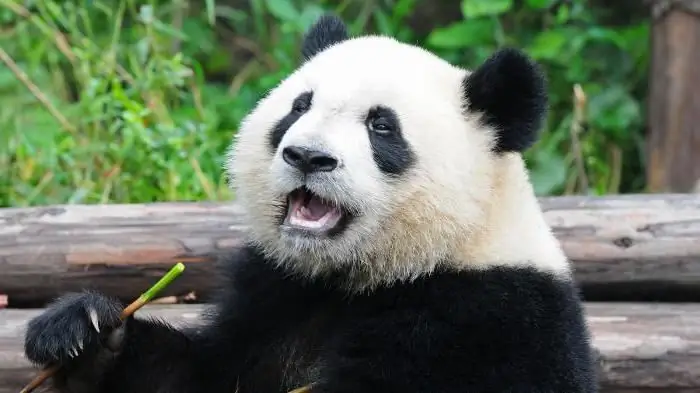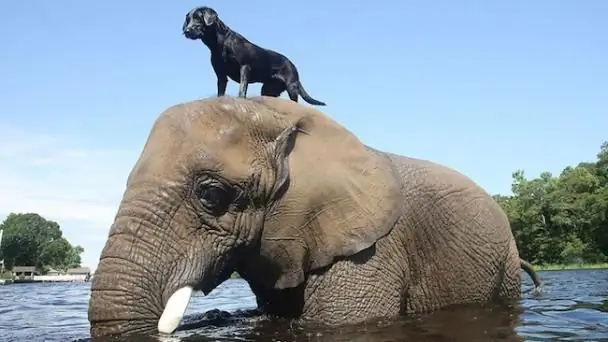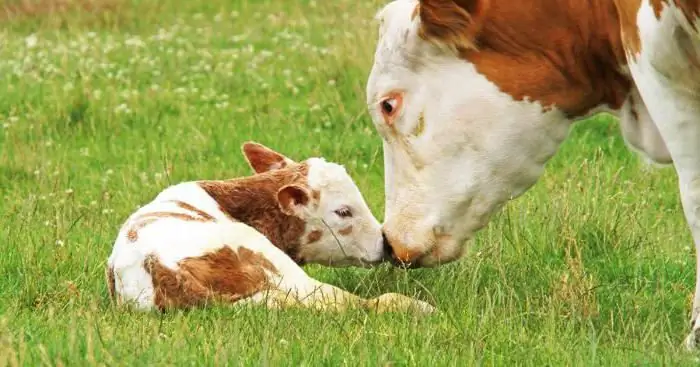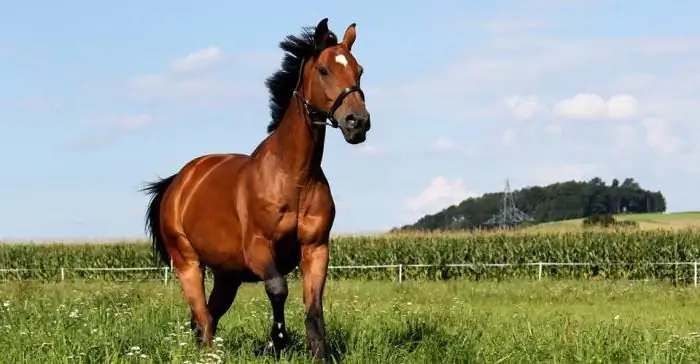Man happens to observe the behavior of animals, trying to understand and decipher their language. There is a special science of animal behavior. She and the objects of her study will be discussed in the article.

What is the science of animal behavior?
Animal behavior from the point of view of biological foundations, the adaptation of an animal to its environment is studied by ethology. The term, translated from Greek, means "the study of character." It is the science of the behavior of animals in natural conditions. People professionally engaged in the study of the habits of animals, ethologists, pay special attention to genetically fixed behavior. They also study those forms of animal behavior that are explained by the experience accumulated in the process of historical development. Since its founding by zoologists K. Lorenz and N. Tinbergen, the science of animal behavior has set itself the following tasks:
- reveal the causes of animal behavior;
- to learn how the formation of a behavioral act occurs in the individual development of an animal;
- find out what it means in the life of the beast;
- understand how the evolution of a behavioral act took place.
Ethological issues are clear, but research methods are controversial. Some scientists believe, and most of them, that observations can only be made in natural conditions. The point of view of supporters of anthropogenic ethology is reduced to the recognition of the right to observe animals in the environment of human activity. Others believe that ethology has the right to use the methods of experimental zoopsychology: modeling, experiments, experiments.

Animal behavior
Ethologists study behavior as a versatile interaction of animals with the outside world. Behavior refers to any activity that an individual exhibits. It is defined by two concepts: a unitary reaction and a biological form of behavior. The union of reflections characterizes a unitary reaction. A biological form of behavior is a complex behavior corresponding to the phases of life, for example, eating, defensive, exploratory, parental and others.
Due to observations of animals in their natural environment, the science of animal behavior has determined that, for example, dogs eat liquid food and water while standing, and eat solid pieces lying down - this is eating behavior. Caring for her offspring among polar bears, when a she-bear lies with her cubs in a den for several months, feeds them, depleting her reserves, these are observations of parental behavior.
Where are ethologists' observations applied?
Ethological knowledge is needed, mainlyway to describe the behavior of animals. The methods used by ethologists in their work make it possible to detail the existing knowledge about animals, to expand their understanding of their behavior.
The science of animal behavior provides the knowledge needed in animal husbandry. Ethological observations of pregnant females allow breeders to determine when birth is expected.

For example, seeing that the cow has become restless, constantly changing location, trying to retire, the breeder understands that he must prepare for the arrival of a new member of the farm. Observations of the behavior of horses speak of the complex nature of these animals. The farmer or trainer must take into account ethological knowledge, which indicates that horses are very picky in people. They respond with trust and obedience only to those who take care of them, respect and praise them.

Without ethological knowledge it is hard for trainers. Data on the passive defensive reaction in animals, which gives ethology (the science of animal behavior), allows you to avoid accidents. So, seeing the numbness and immobility of the tiger, the trainer calms the beast so that it does not attack. When working with likes, the trainer must take into account the results of ethology, which indicate that these animals do not have such a reaction - they immediately show viciousness - an active defensive reaction.
Interesting ethological observations
Some animal observationsare very interesting.
- If otters lie on the water with their stomach up and hold on to their paws, then they are sleeping.
- Puppies-boys in games with puppies-girls often deliberately lose, giving them the opportunity to celebrate the victory.
- There are animals, for example, squirrels, who take on the upbringing of the cubs of another female.
- Cows are true friends. They are able to make friends, spend most of their time with a friend, communicate with him, take care of him.






